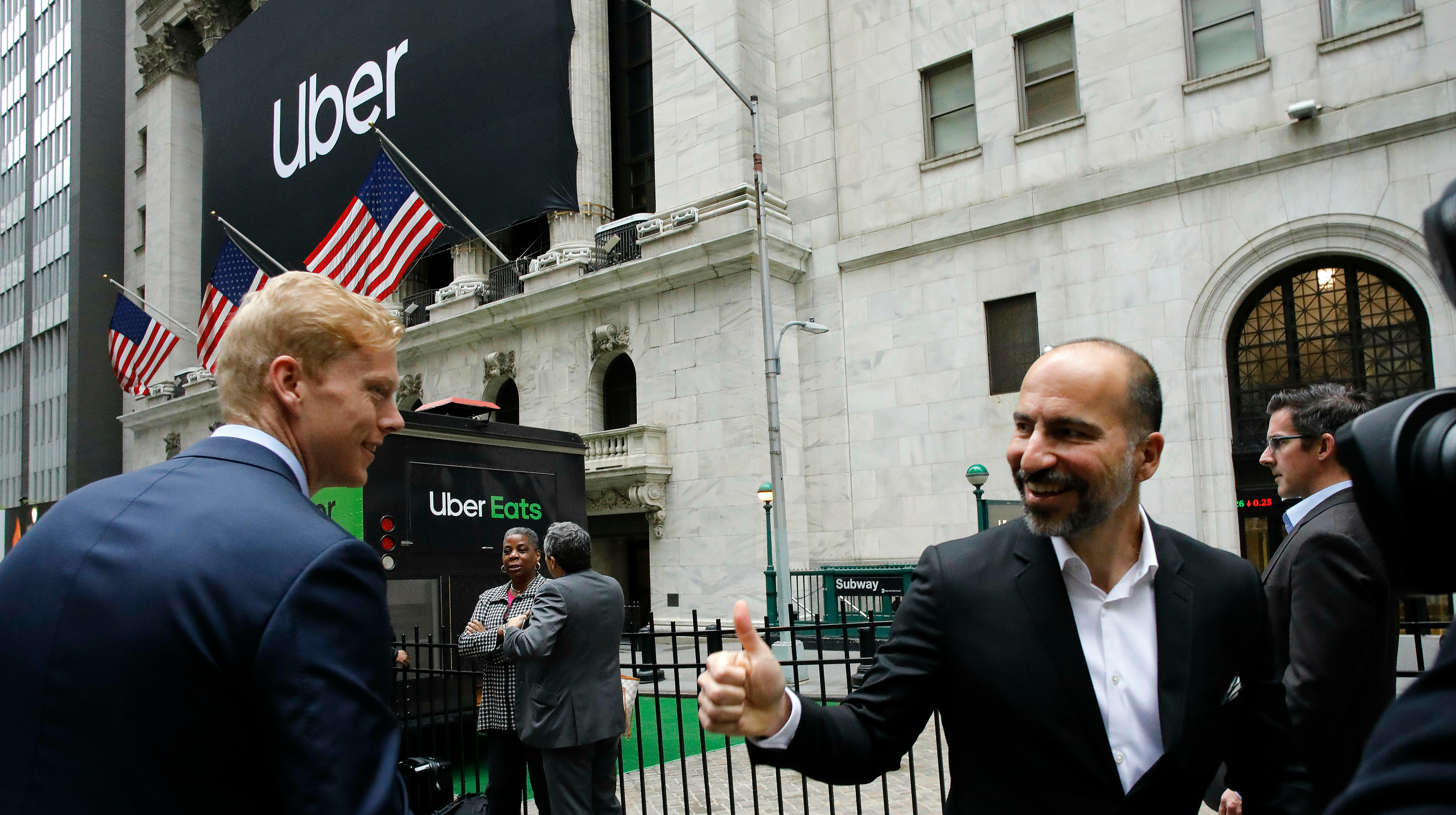Uber Is 'Worth' Twice As Much As Ford Because That's The Insane World We Live In Now
Every high school economics teacher tells their students—or should, at least—that the entire field depends on the assumption that people act rationally. This is not because people aren't stupid—good Lord, are people stupid—but because it's more convenient. It's really hard to model stupidity, since stupid people do lots of different stupid things, but smart people only do the smart thing.
When my economics teacher told us that every economic model we'd be discussing assumes people act rationally, one kid in the back of the room, who did not have the reputation for being particularly bright, challenged him. "So everyone always does the smartest thing all the time?"
"Well," my economics teacher replied, "they make the most rational decision based on the available information they have."
"I don't think so," the kid dismissed, replete with that pfft sound. "People are stupid."
We all had a good laugh, then the teacher moved on. It was funny. This was February 2007. Two months later, the first major lender specializing in subprime mortgages filed for bankruptcy.
I have routinely thought about this moment in the more than a decade since it took place. Over time, I have shifted from thinking the economics teacher was correct to believing the kid in the back of the room was really onto something. People are stupid! Or, more precisely, everyone acts irrationally. Stupidity is not a character trait that separates people, but a constant yet temporary specter in all of our lives. Even supposedly smart people do lots of stupid things, and not just in silly, unimportant circumstances, but in profound, fundamental ways that affect global affairs.
I'm thinking about this today because Uber, an app that subsidizes about 30 percent of the cost of cab rides and food delivery services with rich people's money and has no viable path to ever making money, unless somebody (maybe them, probably someone else) invents robot cars, filed its IPO price at $82 billion.
As the Washington Post pointed out, that is twice the valuation of Ford.
Yes, the Ford Motor Company, the one that makes millions of cars around the world every year, has been around for more than a century and is profitable. The Market, the thing that embodies all those fever dreams about the wisdom of the crowd and rationality, values the app that loses lots of money twice as much as the company that makes actual cars and an actual profit.
You may have the temptation to rebut this observation with some theory about the complex nature of how investing works, market share projections, "new mobility," investor fears that Ford and other automakers won't survive another downturn and other meaningless terms about why Uber isn't making money now but could in the future.
You may have this temptation because confronting the irrationality of global financial markets would lead you down the path to reckon with the idea that the entire global financial system is not in fact designed to be rational, but to prop up the entities that too many important people have too much stake in and give fuck all about the rest of it.
Do not resist the temptation. Think critically about the world in which we live and how it works. Investigate the things that don't make sense to you. Be curious. And be angry and baffled by what you find out. It's only rational.
